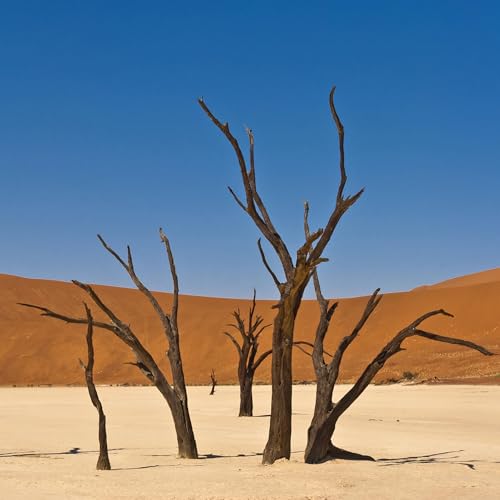Podcast episode image: ©Jim Boone, BirdAndHike.com
This episode, we welcome back Tim Shields, a dedicated desert tortoise biologist whose half-century-long career has been devoted to unwavering efforts in conservation. As we explore abandoned terrains once frequented by old Hollywood, Tim shares his innovative methods combatting raven predation and invasive plant species threatening tortoise habitats.
In this captivating episode, Tim Shields explores how the invasive grass Schismus has transformed once vibrant, diverse desert landscapes into monotonous expanses, diminishing essential food sources and shelter for the desert tortoise. Chris and Tim engage in a panoramic conversation covering technological advances in ecosystem management, the ecological consequences of invasive species, and the ways technology can help mitigate human impact on wildlife. Through innovative tools and perseverance, Tim aims to hand over a toolkit to future generations for the restoration of these precious ecosystems.
Key Takeaways:
- Raven Management: Tim has pioneered non-lethal methods to deter ravens, such as innovative lasers that make the birds uneasy without physical harm, significantly reducing raven presence in key habitats.
- Invasive Species Impact: Schismus grass represents a major threat to desert ecosystems, highlighting the need for innovative solutions to restore native plant diversity.
- Ecological Vibrancy: Creating a sound-based ecological index could help measure the health and diversity of the desert ecosystems, showing the vibrancy and biodiversity of an environment through acoustics.
- Future of Conservation: Tim emphasizes the importance of preparing future generations with the tools and knowledge to continue ecological restoration and avoid repeating past mistakes.
- Hope Through Innovation: Despite challenges, Tim remains optimistic about technologies and methods paving the way for ecological recovery in the desert.
Notable Quotes:
- "Ravens are good students. We are talking to them in bird."
- "If you have an environment that can support tortoises, it supports the whole crew."
- "The Schismus remains invisible to most; they don't notice it, but we see the ecological damage."
- "It’s about putting our hands on the ecological levers; otherwise, protected lands will become irrelevant."
- "This is a beloved landscape, and it is in dire trouble."
Resources:
- Tim Shields & Ornilogic: Discover more about Tim Shields' ongoing efforts and projects in desert conservation here.
- Chris’ 2015 article on raven deterrence: read it at pbssocal.org
- 90 Miles from Needles Podcast: For more information and additional episodes, visit our website.
- Cornell Lab of Ornithology: Explore extensive bird call collections referenced by Tim in the episode here.
Join us in this insightful conversation to uncover how persistence and innovative thinking can foster change in conservation. Engage with how desert ecosystems can be protected and invite yourself to imagine sustainable futures for these wild terrains. Don’t miss tuning into the full episode for an enriching experience, and stay connected for more compelling discussions on the "90 Miles from Needles" podcast.
Become a desert defender!: https://90milesfromneedles.com/donate
See omnystudio.com/listener for privacy information.
 Feb 26 20262 mins
Feb 26 20262 mins 58 mins
58 mins 55 mins
55 mins 41 mins
41 mins 1 hr
1 hr 41 mins
41 mins 54 mins
54 mins 28 mins
28 mins
